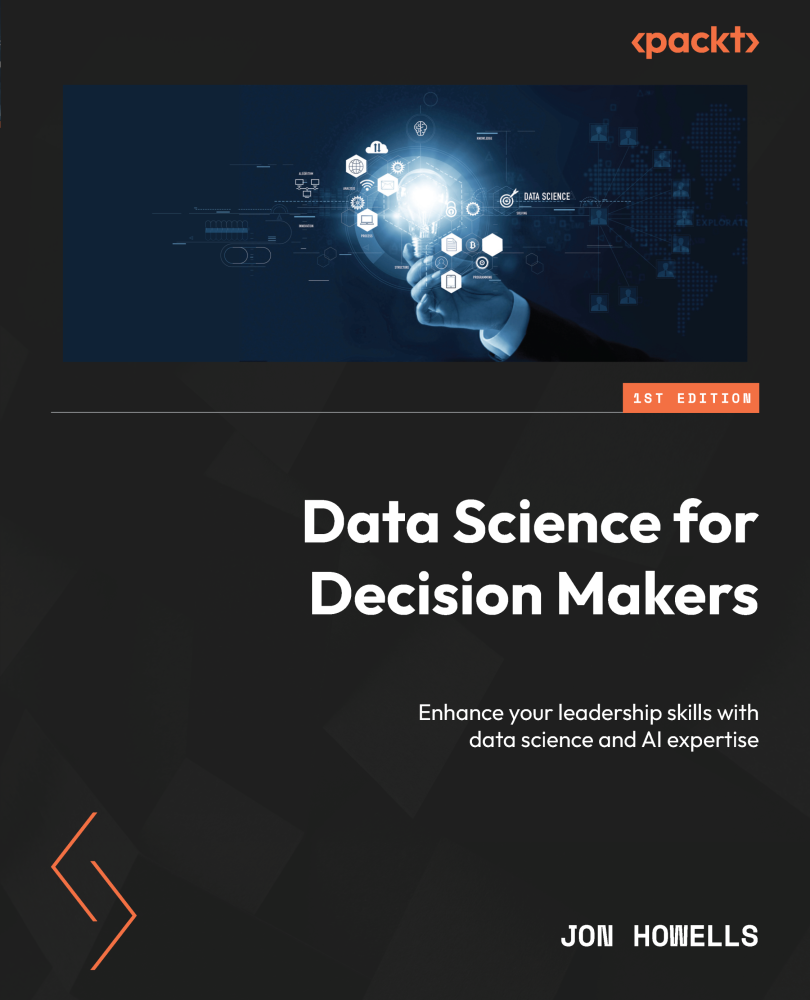

Most ebook files are in PDF format, so you can easily read them using various software such as Foxit Reader or directly on the Google Chrome browser.
Some ebook files are released by publishers in other formats such as .awz, .mobi, .epub, .fb2, etc. You may need to install specific software to read these formats on mobile/PC, such as Calibre.
Please read the tutorial at this link: https://ebookbell.com/faq
We offer FREE conversion to the popular formats you request; however, this may take some time. Therefore, right after payment, please email us, and we will try to provide the service as quickly as possible.
For some exceptional file formats or broken links (if any), please refrain from opening any disputes. Instead, email us first, and we will try to assist within a maximum of 6 hours.
EbookBell Team

4.1
80 reviewsKey FeaturesLearn how to frame business problems as machine learning use-casesGet a handle of on key machine learning and statistical concepts to better understand and evaluate data science resultsUnderstand how to manage a data science team and structure a data science project from beginning to endBook DescriptionWith the rise in the use of data science and artificial intelligence across industries, executives who may not have had a formal education and training in statistics and machine learning, are expected to make decisions around the outputs of complex models and manage data scientists and machine learning engineers. Leaders and managers within who work with, or are looking to bring data science into their departments and teams; can learn the fundamentals of data science to make better decisions. Decision makers reading this book will gain a solid understanding of the key concepts within statistics and machine learning to better and resource data science projects; interpret models developed by data scientists and machine learning engineers, and evaluate model accuracy, bias and fairness.
with step-by-step explanations of essential concepts and practical examples, you will begin by understanding fundamental concepts of statistical inference and machine learning. You will then learn how to interpret and evaluate machine learning models, and recent innovations in artificial intelligence.
By the end of this book, you will be able to better equipped to frame business challenges as data science problems, manage data science projects, and become an effective data leader within your organization.